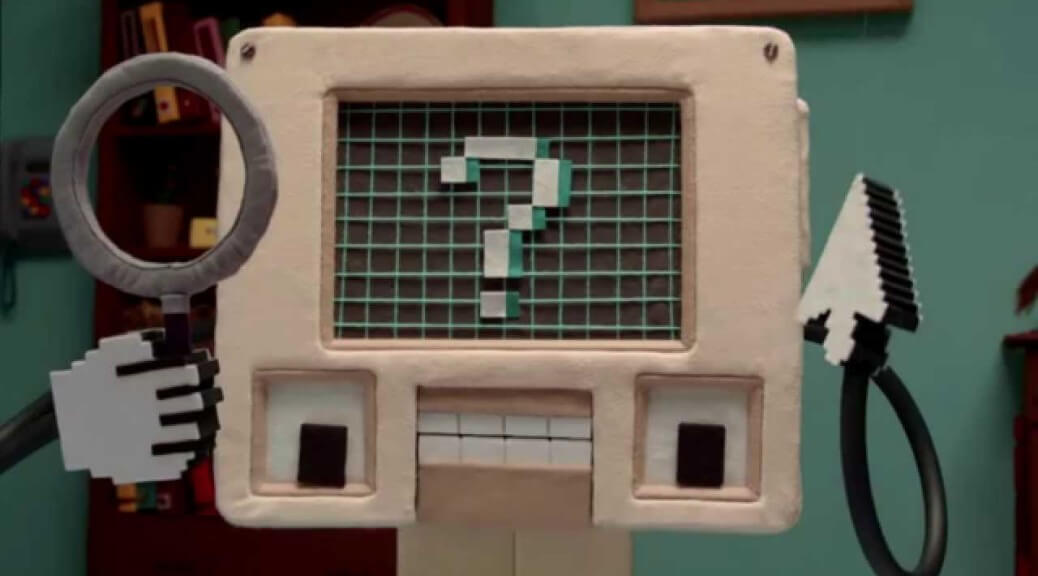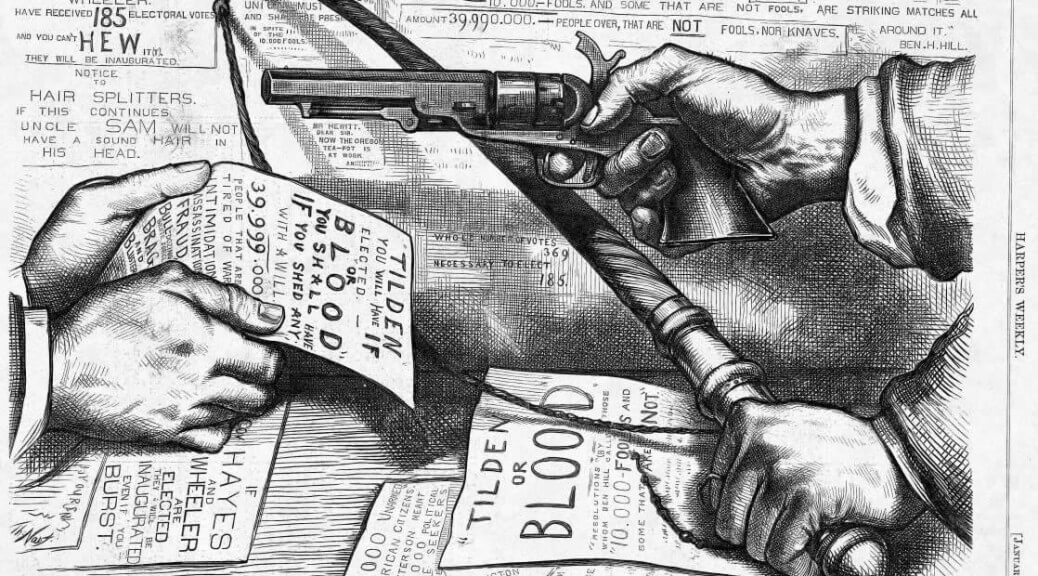
I’ve read a lot of LessWrong recently, and I learned about a particular paradox known as Newcomb’s problem. In the problem, an alien superintelligence called Omega presents you with a problem. He gives you two boxes, box A and box B. He puts $1000 in box A and either $0 or $1,000,000 in box B. You can then choose whether to take both boxes or just box B, but the catch is that Omega will only put $1,000,000 in B if he predicts that you will only take B. And given that Omega is able to perfectly predict the future, everyone who chooses only B will get $1,000,000 while everyone who chooses both will get $1000.
The maddening thing about this problem is that, as you sit puzzling over whether to take both boxes, the monetary amounts have already been decided and placed in the boxes. There’s either $1000 or $1,001,000 sitting in front of you, and so it would seem that taking both would be weakly better than taking only one. And yet, everyone who takes only one gets $999,000 more than everyone who takes both. How could it be that the “right” answer gives less money than the “wrong” answer?
Before I return to what I think is the right answer to this problem, I’d like to talk a bit about game theory. In game theory, we distinguish between simultaneous games and sequential games. Simultaneous games are games where each player makes his choices without knowledge of the other player’s choice. The choices could be literally simultaneous, as in rock-paper-scissors, or they could be occurring at different times. For instance, in the board game Diplomacy, all players have a fifteen minute window during which they can write their moves. If France writes his moves after five minutes but Germany takes the whole fifteen, the game is still simultaneous because France’s moves remain hidden to Germany while he is deciding his move.
My point is that it’s knowledge, not the literal passage of time, that determines the order of play in a strategic setting. In Newcomb’s problem, Omega literally makes the first move in deciding how much money to put in the boxes. However, Omega’s ability to predict the future means he decides with knowledge of the box that you will choose. Thus, Omega is the second mover from a strategic perspective. Omega knows what you will do before you do, and you don’t know what Omega has done until after you do it, because you can’t see the contents of the boxes.
All this is to say that choosing box B is the right answer from a game theory perspective. You should play as if Omega hasn’t decided yet how much money to put in the box, because from the perspective of your own knowledge, he hasn’t.
The post Newcomb’s Problem and Order in Game Theory appeared first on The Economics Detective.


